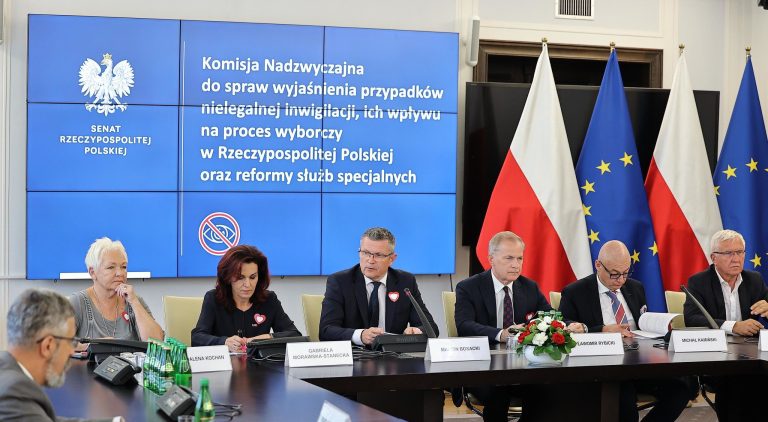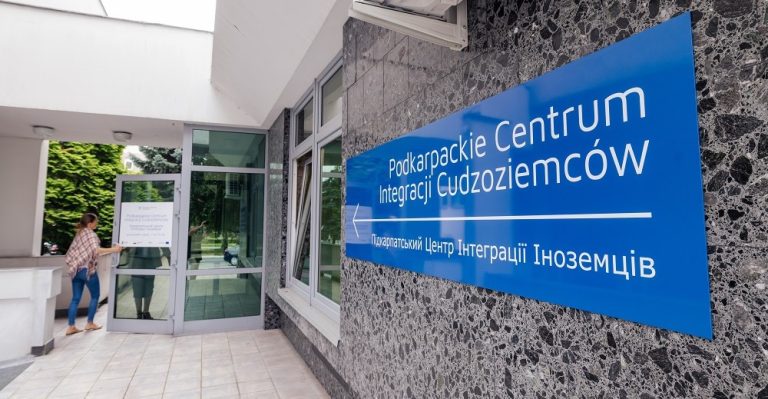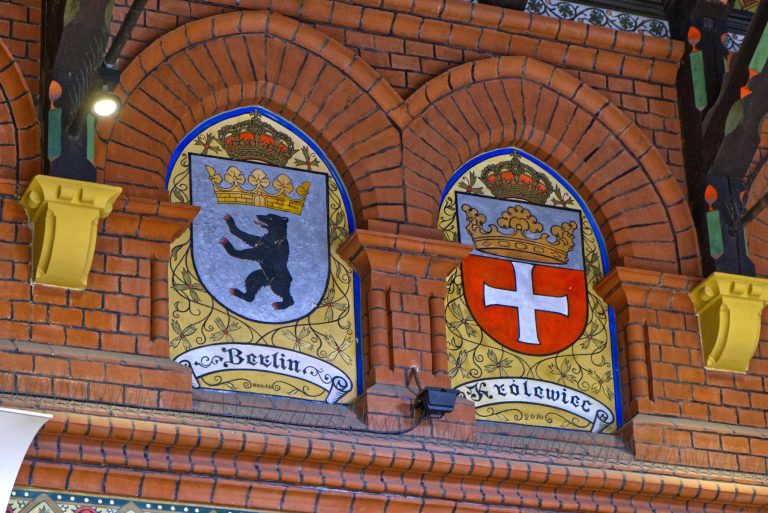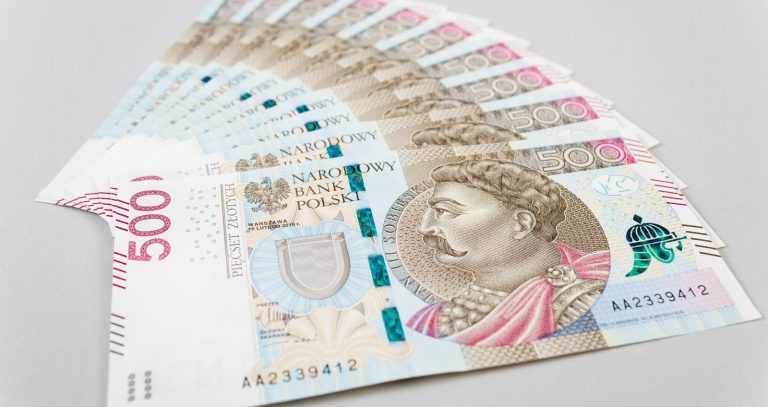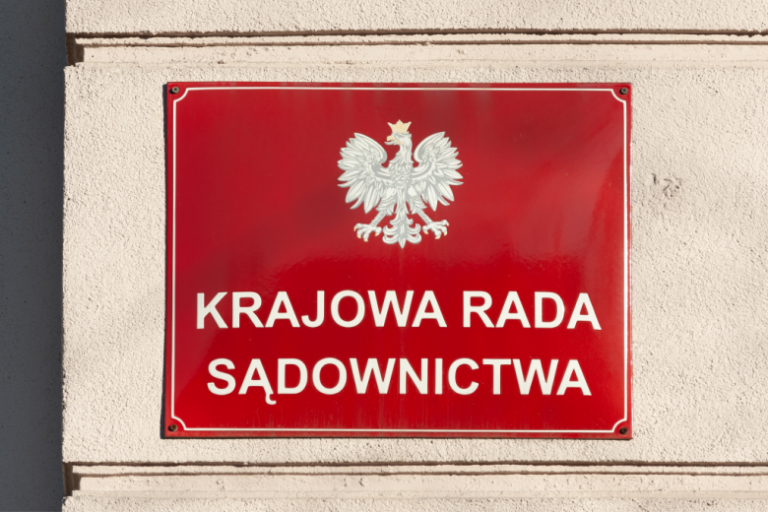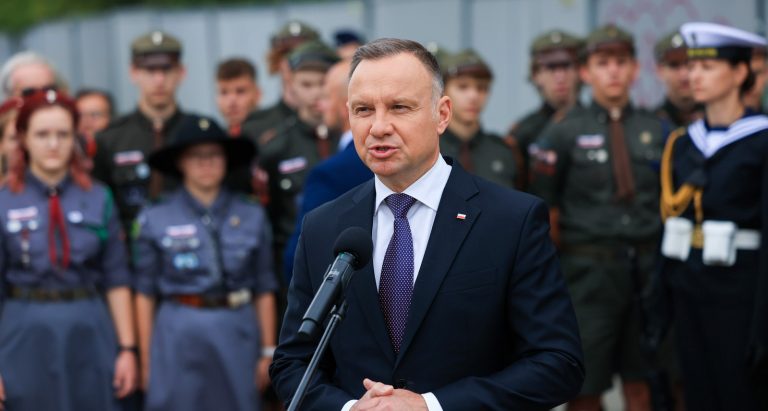Russian ambassador booed in Poland at commemoration of Soviet general

Russia’s ambassador, Sergey Andreyev, was met by a protest as he visited a site in northeast Poland where a monument commemorating a Soviet general used to stand before it was removed by local authorities in 2015.
The protesters, carrying Ukrainian flags and chanting “murderer”, “shame” and “we don’t want Putin”, booed Andreyev and played the Ukrainian national anthem during the commemoration.
“This is the place where General [IIvan Chernyakhovsky] was fatally wounded 79 years ago,” Andreyev told the Polish Press Agency (PAP), explaining that he visits the site every year to “honour the memory of a hero”.
#Ambasador Rosji Sergiej #Andrejew złożył w niedzielę wieniec w miejscu zburzonego pomnika gen. Iwana Czerniachowskiego w Pieniężnie ⤵️#PAPInformacje #rosja https://t.co/bPtyV5gNNA
— PAP (@PAPinformacje) February 18, 2024
The monument to Chernyakhovsky – erected in the 1970s near the town of Pieniężno – was removed in 2015. A cross with a plaque to the victims of totalitarian regime was put in its place.
Andreyev’s delegation brought a large portrait of the Soviet general -who was born in what is now Ukraine – set it temporarily at the site and lay flowers in front of it. The image was taken away after the commemoration
When asked about the protesters and their chants, the ambassador said that he is “used to the fact that people here prefer supporters of [Stepan] Bandera to liberators of Poland”, referring to a Ukrainian nationalist leader linked to the massacre of ethnic Poles and Jews.
He added that he is “sorry that we are at such a stage in our relationship, but we are sure of our truth and our victory”.
At the end of World War Two, Soviet forces drove back the German Nazi occupiers in eastern Europe, in what Russia today calls a “liberation” but which many people of the countries in question, including Poland, see as the replacement of one totalitarian regime with another.
Last year Russia’s ambassador to Poland, Sergey Andreev, was doused with red paint during a protest against his visit to a Soviet war cemetery to mark that holidayhttps://t.co/88Ech3Okhs
— Notes from Poland 🇵🇱 (@notesfrompoland) May 8, 2023
General Chernyakhovsky is infamous in Poland for his role in fighting the Vilnius branch of Poland’s Home Army (Armia Krajowa), a resistance movement that emerged during the Nazi-German occupation.
“He is in no way a figure to be worshiped,” the spokesman for Poland’s Institute of National Remembrance (IPN), Rafał Leśkiewicz, told PAP. “He is a figure of disgrace. As a Soviet officer, he is responsible for murders, looting and arrests of Home Army soldiers”.
The removal of the memorial to Chernyakhovsky in 2015 was met with a protest at the time from the Russian foreign ministry.
Poland has removed 20 Soviet monuments since Russia’s invasion of Ukraine.
The head of the state historical body has welcomed the fact that officials are now more willing to take such action, but notes that there are still 40 memorials to be dismantled https://t.co/qOE5PcKPFR
— Notes from Poland 🇵🇱 (@notesfrompoland) September 28, 2022
The issue of communist-era monuments has long been controversial in Poland. Many – including the former Law and Justice (PiS) government that ruled from 2015-23 – pushed for their removal. But Russia has criticised such actions and, sometimes, local Polish communities have fought to keep objects they have become attached to.
A “decommunisation” law passed under the PiS government in 2016 required local authorities to remove any objects and names that “propagate communism or other totalitarian systems”. While that has led to many monuments being removed and street names being changed, some still remain.
After Russia’s invasion of Ukraine there was a renewed push by the Polish authorities to demolish Soviet-era monuments.
Andreyev has also faced protests in Poland since the invasion. In 2022, he was doused with red paint during a visit to a Soviet war cemetery in Warsaw to mark Victory Day, a Russian holiday commemorating the defeat of Nazi Germany in 1945.
Notes from Poland is run by a small editorial team and published by an independent, non-profit foundation that is funded through donations from our readers. We cannot do what we do without your support.
Main image credit: Mateusz Piskorski/X
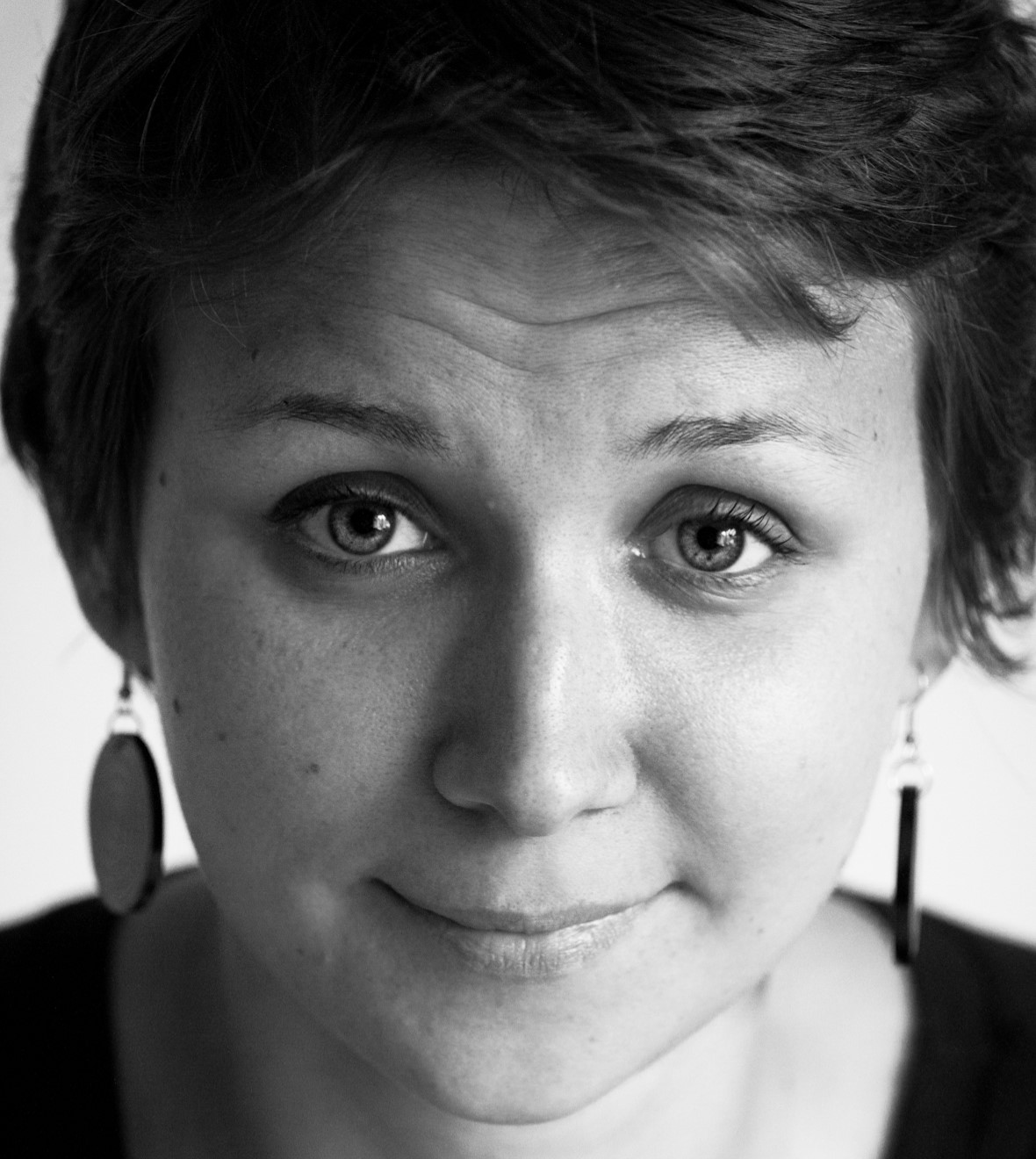
Agnieszka Wądołowska is deputy editor of Notes from Poland. She has previously worked for Gazeta.pl and Tokfm.pl and contributed to Gazeta Wyborcza, Wysokie Obcasy, Duży Format, Midrasz and Kultura Liberalna

